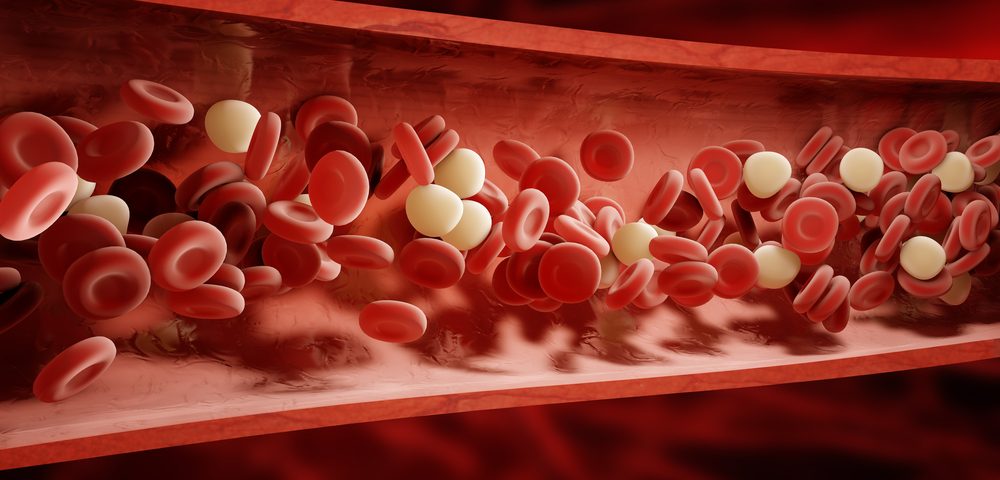Serum levels of two factors known to be involved in inflammation and neoplastic processes, sCD40L and CXCL1, are not linked to endometriosis and cannot be used as biomarkers to diagnose the disease, Medical University of Vienna researchers report.
Findings, published in the BioMed Research International journal, are in the study “The Serum Levels of the Soluble Factors sCD40L and CXCL1 Are Not Indicative of Endometriosis.”
Endometriosis is often considered to have patterns similar to that of a chronic inflammatory disease, given the modified expression of specific cytokine molecules in the peritoneal cavity of endometriosis patients, and which may have a role in the promotion and persistence of endometriotic lesions. However, no single factor has yet been identified as a suitable marker of the disease.
Researchers, led by Iveta Yotova, investigated whether two proteins involved in the recruitment of immune cells and release of inflammatory cytokines, sCD40L and CXCL1, were differentially secreted in endometriosis patients and in controls, and whether these proteins could serve as biomarkers either of disease detection or to identify specific subgroups of patients.
The study enrolled 60 premenopausal women — 31 with endometriosis and 29 as controls — who were scheduled to undergo laparoscopic surgery. The investigators analyzed women’s blood serum and found that sCD40L and CXCL1 circulating levels were not significantly different in endometriosis patients and controls, although a trend toward decreased sCD40L levels in the endometriosis group was found. No significant differences were found among patient subgroups with different stages of the disease.
“In conclusion, although we could not detect a statistically significant difference in sCD40L and CXCL1 levels between endometriosis patients and controls, this study adds useful clinical data showing the putative relationship between the levels of inflammatory related sCD40L protein and deep infiltrating endometriosis, making it a potentially interesting target worth further investigation,” the researchers wrote.
Endometriosis, a gynecologic disorder that affects 6 percent to 10 percent of women of reproductive age, is characterized by the growth of endometrial tissue outside the uterus.

